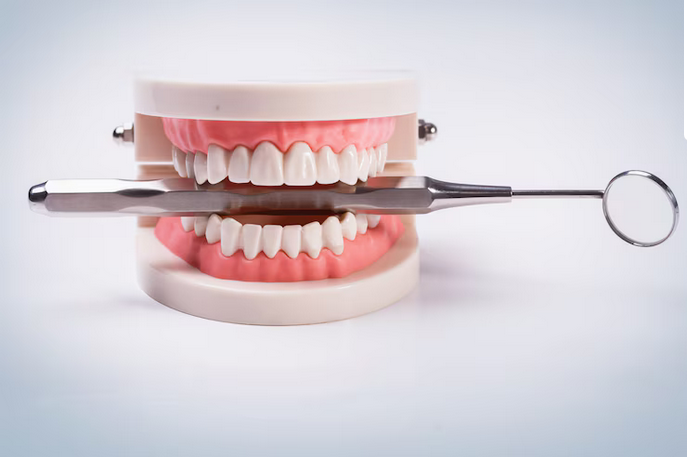Maintaining good oral health is essential for overall well-being, impacting both physical health and quality of life. Regular dental care plays a crucial role in preventing dental problems and promoting a healthy smile. This comprehensive guide will delve into key aspects of oral health, covering everything from daily oral hygiene practices to the importance of professional dental visits at "dentist in croydon".
Daily Oral Hygiene Practices
Effective oral hygiene begins at home with consistent daily practices. The foundation of a healthy mouth includes:
Brushing: Brush your teeth at least twice a day, preferably after meals, using a fluoride toothpaste. Use a soft-bristled toothbrush and gentle, circular motions to clean all tooth surfaces and along the gumline.
Flossing: Floss daily to remove food particles and plaque from between the teeth and under the gumline. Proper flossing helps prevent cavities, gingivitis, and bad breath.
Mouthwash: Incorporate an antimicrobial mouthwash into your routine to further reduce bacteria and freshen breath. Choose a mouthwash with fluoride for added protection against cavities.
Tongue Cleaning: Use a tongue scraper or the back of your toothbrush to gently clean your tongue. This helps remove bacteria responsible for bad breath.
Nutrition and Oral Health
A balanced diet contributes significantly to oral health. Limit sugary and acidic foods and beverages, as they can erode tooth enamel and contribute to cavities. Instead, opt for:
Fresh fruits and vegetables high in fiber
Dairy products like cheese and yogurt for calcium
Lean proteins and whole grains
Drinking plenty of water throughout the day also helps rinse away food particles and maintain saliva production, which is crucial for neutralizing acids and protecting teeth.
Importance of Regular Dental Visits
Even with diligent home care, professional dental visits are essential for maintaining optimal oral health. Here's why:
Professional Cleanings: Dental cleanings performed by a hygienist remove hardened plaque (tartar) that cannot be removed by regular brushing and flossing alone. This helps prevent gum disease and cavities.
Comprehensive Examinations: Dentists conduct thorough examinations to detect early signs of dental issues such as cavities, gum disease, oral cancer, and other concerns. Early detection allows for prompt treatment and prevents further complications.
Personalized Advice: Dentists provide tailored advice on oral hygiene practices, diet, and lifestyle choices based on individual needs. This guidance empowers patients to make informed decisions about their oral health.
Common Dental Problems and Treatments
Understanding common dental issues can help you recognize symptoms and seek timely treatment:
Cavities: Caused by plaque buildup and acid erosion, cavities can be treated with fillings, crowns, or root canals depending on severity.
Gum Disease: Gingivitis (early gum disease) can progress to periodontitis if left untreated. Treatment includes professional cleanings, scaling and root planing, and sometimes surgical intervention.
Tooth Sensitivity: Sensitivity to hot, cold, or sweet foods may indicate enamel erosion or exposed tooth roots. Desensitizing toothpaste, fluoride treatments, or dental restorations can help alleviate sensitivity.
Bad Breath: Chronic bad breath (halitosis) may stem from poor oral hygiene, dry mouth, or underlying health issues. Addressing the root cause through improved oral care and professional treatment is key.
Conclusion
Maintaining good oral health requires a combination of daily home care and professional dental visits. By implementing proper oral hygiene practices, adopting a tooth-friendly diet, and scheduling regular dental check-ups, you can protect your smile and overall health. Remember, prevention is always better than cure when it comes to oral health. Prioritize your dental care today for a healthier tomorrow.





Comments